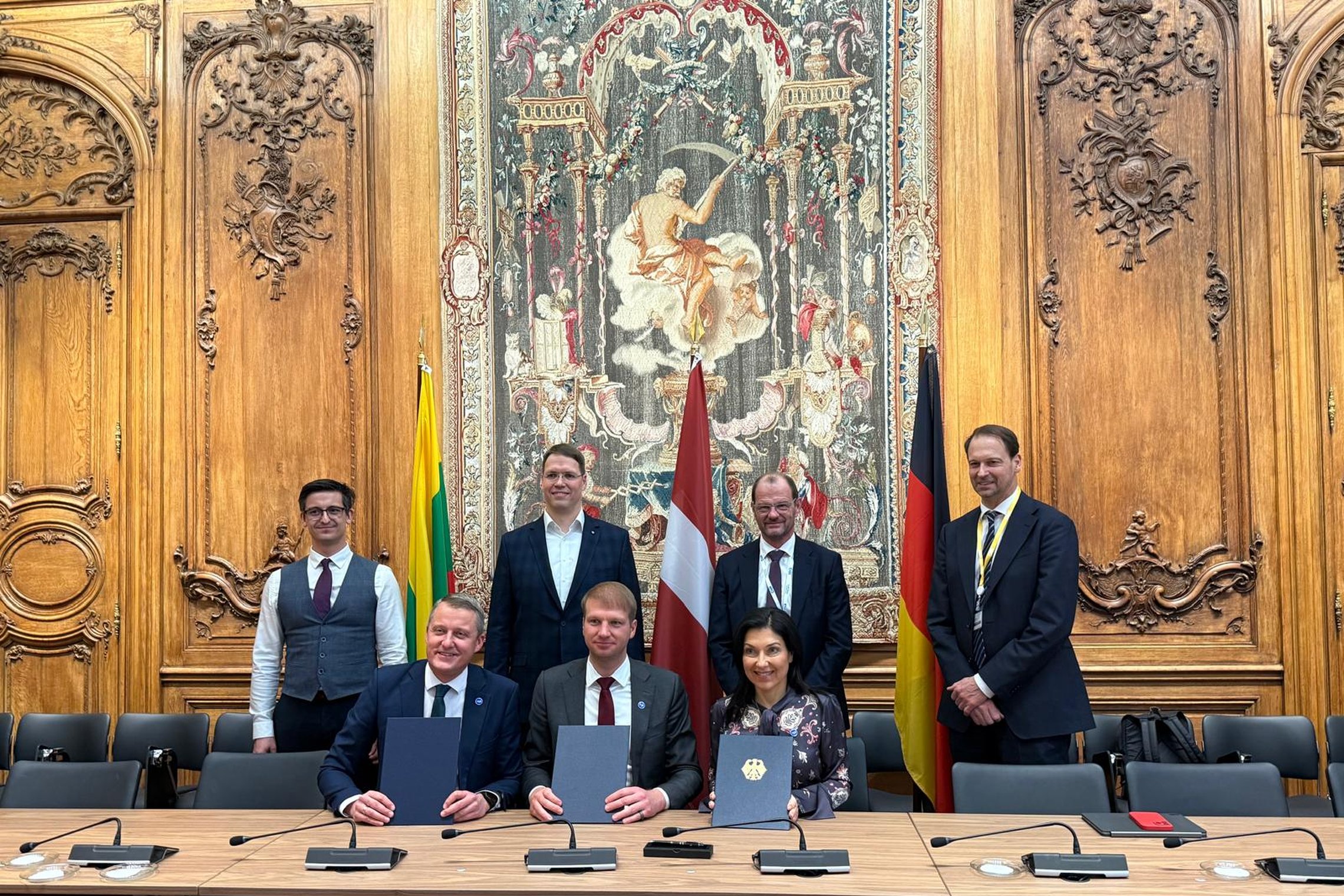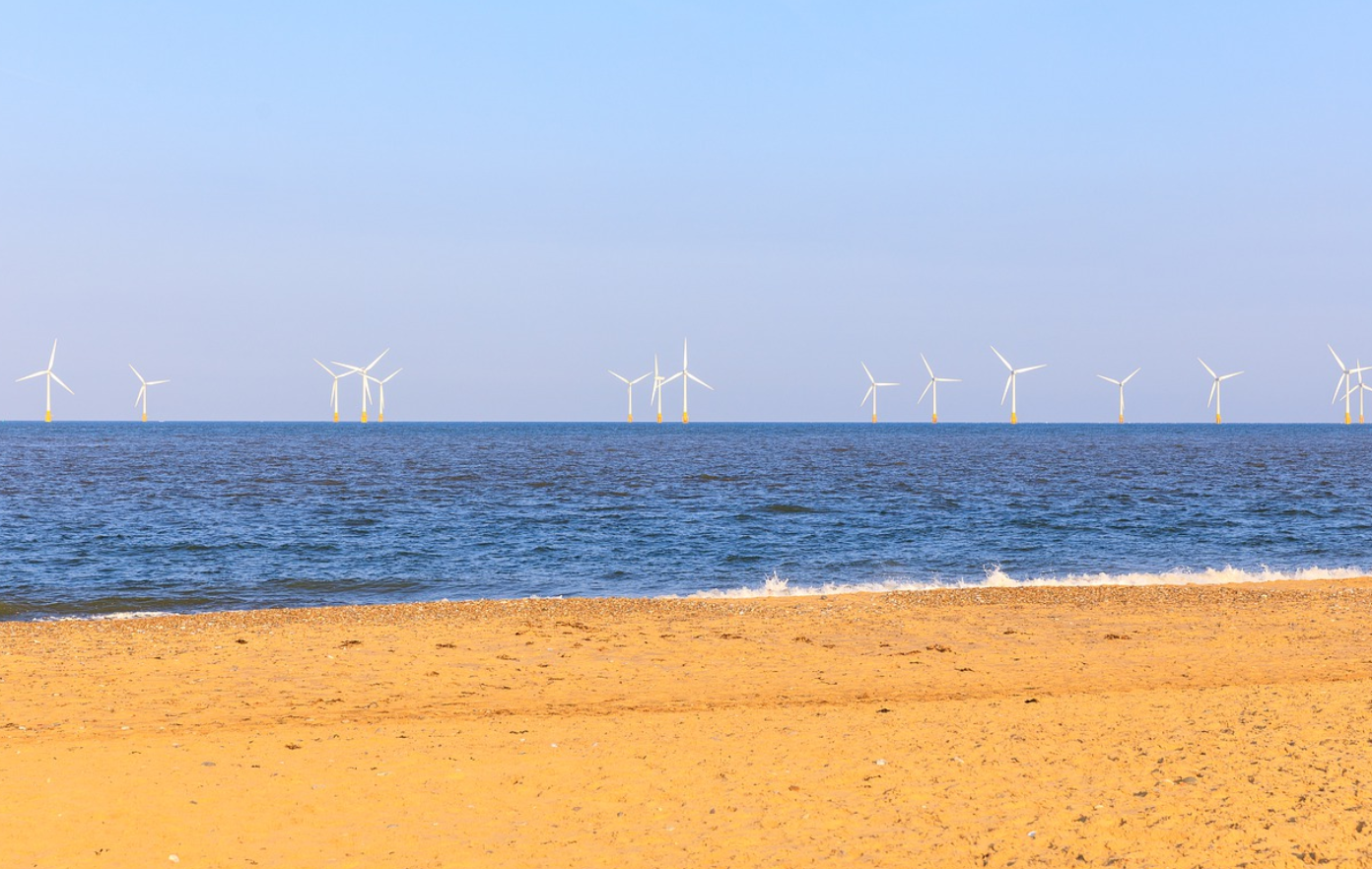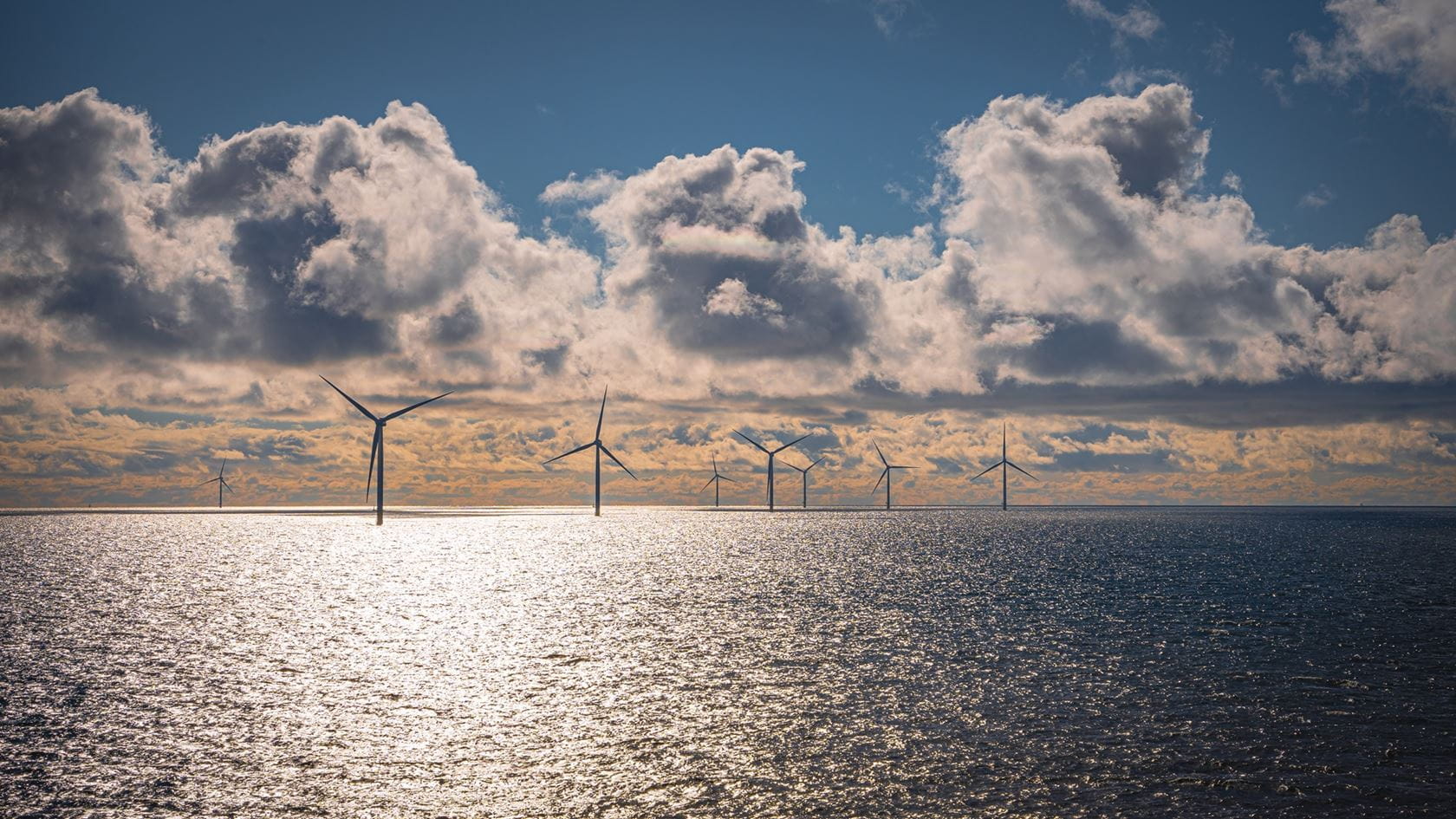The Danish operator said that together with the other Nordic transmission system operators – Statnett, Svenska Kraftnät, and Fingrid – it has decided to set up Nordic RCC A/S to coordinate the operational planning of the entire Nordic power system. Nordic RCC A/S will be formally established in 2022 with headquarters in Ørestad, Copenhagen, where the Nordic RSC centre office has been located until now.
Each of the Nordic operators will be a co-owner of Nordic RCC A/S, which is why Energinet’s Board has formally decided to apply to the Minister of Climate, Energy and Utilities for permission to become a co-owner of the new entity (Regional Coordination Center), the Energinet website reads.
Nordic RCC A/S will be one of 6 regional centres in Europe that will support national TSOs in optimising the operation of the European electricity system both in terms of security, and capacity utilisation.
The establishment of Nordic RCC A/S is part of the implementation of European legislation. The need for greater regional coordination was already recognised in 2006, as a result of the massive power grid failure that affected Europe on 6 November 2006. Since then, the need for regional coordination has been reinforced by the transformation of the electricity system, and the establishment of open European electricity markets.
Energinet explains that Nordic RCC A/S will bring two general benefits. The first is a comprehensive capacity calculation, that will be more transparent and look at the whole region as a whole. The aim is to collect data from all Nordic system operators and model the entire Nordic network, performing coordinated analysis and calculations.
Nordic RCC A/S will continue and expand the activities that Nordic RSC (Regional Safety Coordinator) has built since 2017. Nordic RSC A/S was established as a joint office for the Nordic operators. Nordic RSC has built a digital model of the Nordic power system, containing all data relevant for capacity and safety calculations in the power system (Digital Twin). Data is updated from hourly to annually depending on the application.
Source: Energinet/Nordic RSC














